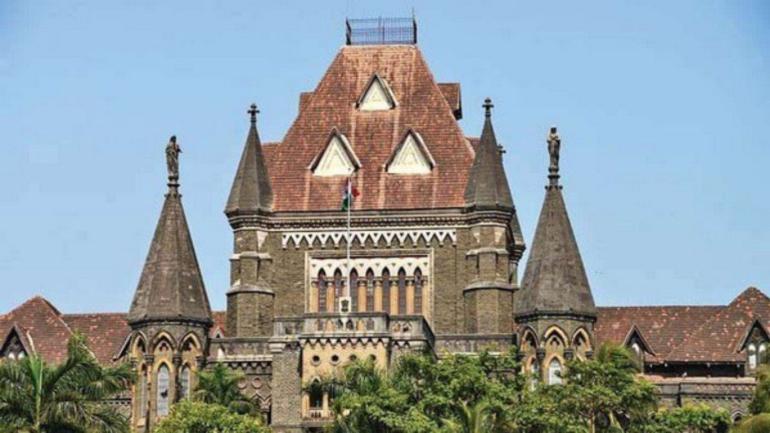
Freedom of speech and expression not an absolute right: Bombay HC
The freedom of speech and expression provided under Article 19 of the Constitution is not an absolute right, said the Bombay High Court on Friday (September 11) while refusing interim bail to a woman booked for allegedly making offensive remarks against the chief minister.

The freedom of speech and expression provided under Article 19 of the Constitution is not an absolute right, said the Bombay High Court on Friday (September 11) while refusing interim bail to a woman booked for allegedly making offensive remarks against the chief minister.
The 38-year-old woman, Sunaina Holey, was booked by Mumbai police and Palghar police for allegedly making defamatory remarks against CM Uddhav Thackeray and his minister-son Aaditya Thackeray on Twitter.
The HC bench, however, accepted the government’s oral assurance that she will not be arrested in the case for at least two weeks. But for this relief, she will have to visit Azad Maidan and Tulinj police stations for questioning and cooperate with the police in their probe, the state added.
The bench, comprising Justices S S Shinde and M S Karnik, allowed Holey to approach the court any time during this period in case the police decide to take any coercive action against her, or if her rights were breached.
Holey has approached the Bombay High Court through her counsel Abhinav Chandrachud, seeking that all charges against her be quashed. And as an interim relief, she had sought protection from arrest till her case was heard finally and the court took a decision on quashing the FIRs against her.
Holey has three FIRs filed against her — in BKC cyber crime police station, Azad Maidan police station, and Tulinj police station in Palghar. The FIRs were registered following complaints made by several persons, including by one Rohan Chavhan, a leader of the Shiv Sena’s youth wing Yuva Sena.
She was arrested in August this year and released on bail in the case filed on the FIR registered against her by the BKC cyber crimes police. On the remaining two FIRs, she was served notices under section 41A(1) of the CrPC, asking her to visit the concerned police stations for probe.
Related news: CAB protests: Journalists explain what press freedom means in Northeast
On Friday, the state’s counsel YP Yagnik told the court that Holey had not responded to the notices. Advocate Chandrachud, however, said his client was apprehensive that if she visited the police, she would be arrested. Therefore, he sought interim relief.
But the bench said interim protection from arrest could be granted only for arrest in rare cases. It noted Section 41 (A) provided a person need not be arrested as long as he or she was cooperating with the police’s probe. If one needs to be arrested, police must give prior notice for such arrest.
Yagnik said that the police wasn’t merely focused on arresting Holey, but it wanted to make progress in its probe. The court accepted her submission that she will visit the two police stations next week.
Holey, a Navi Mumbai resident, has been booked under IPC sections 505 (2) for statements creating or promoting enmity, hatred or ill-will between classes and 153 (A) for promoting enmity between different religious groups, and under relevant sections of the IT Act.
According to police, she had made a series of posts on social media between July 25 and 28, including an offensive caricature of Uddhav Thackeray and Aditya Thackeray.
Related news: SC grants bail to journalist arrested for social media post against UP CM
On Friday, while pressing for interim relief, advocate Chandrachud told the court that the case was a “rarest of rare” one as Holey was now being targeted for any and all of her tweets.
His client’s rights under Article 19 of the Constitution were being breached, he argued. “This has now attained a political colour and for every tweet I have an FIR registered. I am having to run from pillar to post,” advocate Chandrachud said.
But the bench reminded that one’s right to free speech and expression under Article 19 were not absolute. “Perhaps citizens are under the impression that freedom of speech and expression is an absolute right, without any restrictions,” the bench said.
Chandrachud, however, said Holey was not under such an impression.
The court will hear Holey on the issue of quashing the FIRs on September 29. It also directed the state to file its reply to Holey’s plea by then.
(With inputs from agencies)

